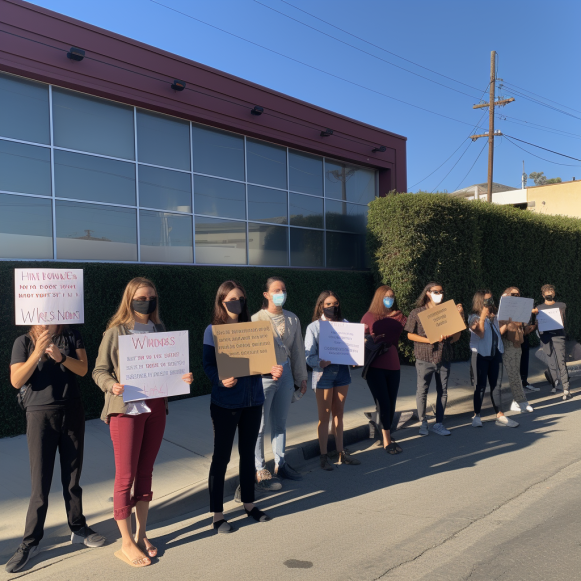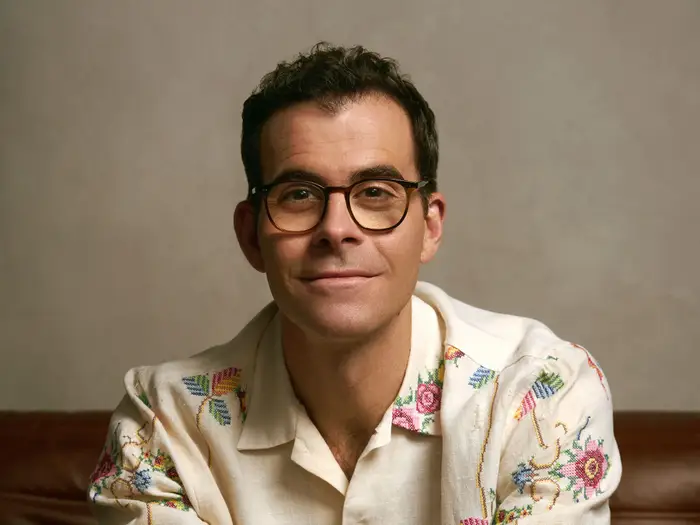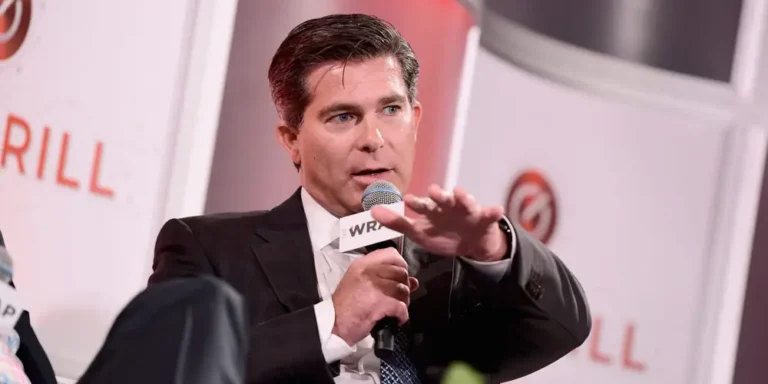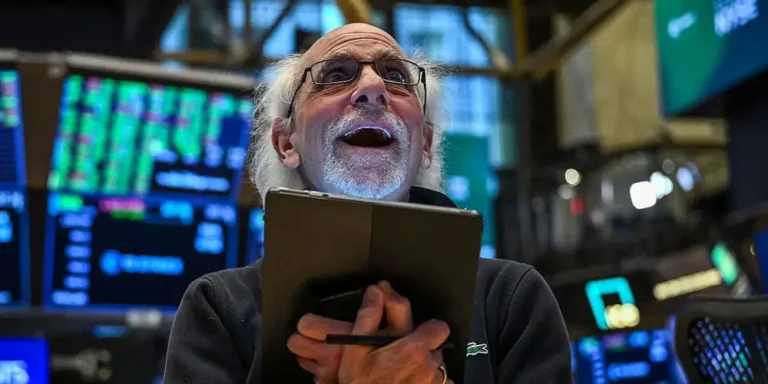I took Harvard’s $12,500 celebrity-filled 4-day media course. It was worth every penny.
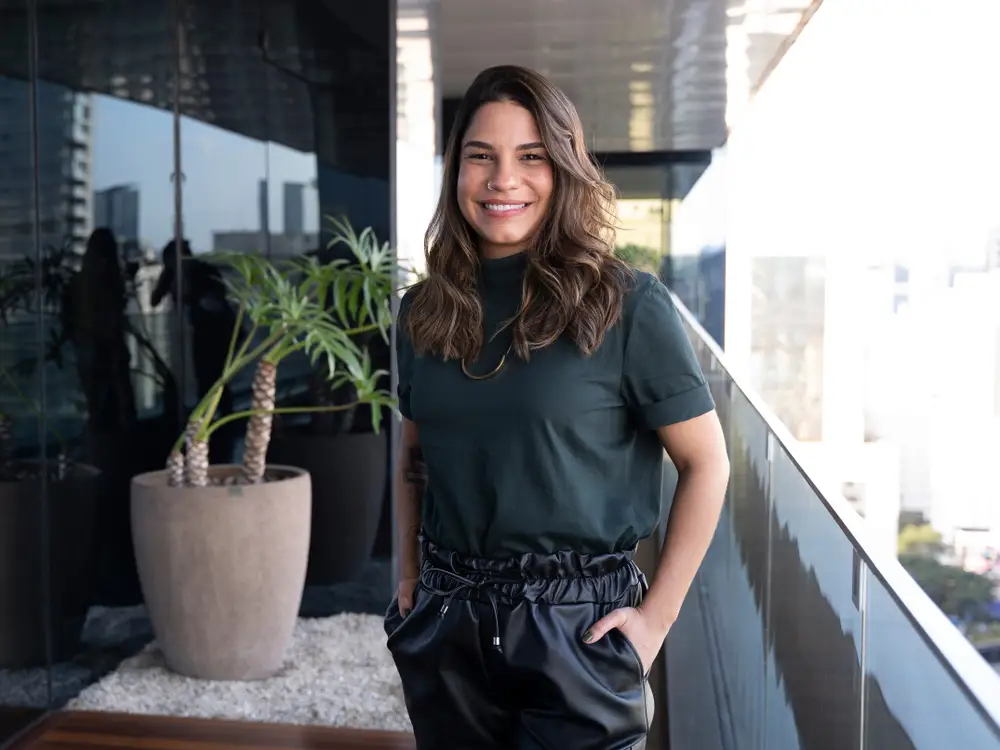
Manuelle Pires is a senior strategic partner manager for YouTube.
I manage gaming partnerships for YouTube Brazil, including Nobru, who has over 15 million subscribers. I attended university in Brazil and did a postgraduate certificate in marketing at UCLA before starting at YouTube in 2021.
For years, I’ve dreamed of going to Harvard to learn from Anita Elberse. She designed The Business of Entertainment, Media, and Sports course in 2013 and is a rock star in the entertainment industry. I wanted to know what she was teaching the world’s best executives.
I got the chance to take her course this year, and it was amazing.
It’s a four-day course for professionals not enrolled at Harvard Business School
The course costs $12,500, which includes all accommodation and meals, and it’s worth every cent. Google covered around 40% of the course as part of the company’s education benefits program, but I had to pay for the remainder myself.
The online application asks what you want to learn from the course and what you can contribute to the class based on your previous experience in your industry. My primary objective was to elevate my leadership and strategic management capabilities. I wanted to understand global trends, challenges, and untapped business opportunities for those I look after.
I spent a whole weekend working on the application because I wanted to do it so badly, and it took about a month or two to hear that I had been accepted. I referenced my experience helping celebrities and creators expand their online presence while developing new revenue channels for their businesses.
I flew to Boston in early June
There were about 80 of us from all over the world in various industries. My classmates were of all ages and at different stages in their careers, up to and including CEOs.
I met people in the music and sports industries who had the same problems and challenges as I did, such as securing exclusive content agreements and managing distribution rights.
Another common challenge is talent management. There’s a shared need to effectively navigate talent contracts, negotiations, and maintaining strong relationships to ensure mutual growth and success.
All students have their own rooms on campus, with several rooms attached to an apartment. Learning groups consist of students from the same course, so during working group hours, we discussed case studies before going to class.
There were several celebrities in the class with me
My course had a former professional soccer player, a comedian, and a UFC champion fighter. They were there to learn the business side of the industry as they move into the next stages of their careers.
Learning from these people and people more closely aligned with my industry was really cool. It was fascinating to understand the perspectives of executives from the US compared to those from other countries regarding content acquisition, distribution rights, and talent management.
I now also have access to an incredible network of people from all over the world. We have a WhatsApp group from the course, where we stay in touch. There’s also a WhatsApp group for all the Brazilians who have done the course over the last 10 years to network.
The course went from 9 a.m. to 6 p.m., Wednesday to Saturday, but we had about eight case studies to read beforehand
There is no option to take it online — you must be there in person.
I spent about two weeks before I arrived reading all of the material Anita had sent us.
It was very intense. Before the first day, we had to be prepared with answers and questions for each case and on top of the data and information.
I found the case study on MrBeast to be the most interesting and useful for my work
Anita explained a lot about the process that MrBeast uses in his company to make a video, from producing the scripts and selecting the right one to pre-production and post-production, down to creating thumbnails for his videos to test the numbers. He’s very data-driven.
He’s considered the standard for the platform, and I found it valuable to learn how he’s not simply making a profit but creating a brand for himself.
Other case studies included Beyoncé, Lionel Messi, and David Beckham
We also had two exceptional guest lecturers: Karim R. Lakhani, who led insightful sessions on AI and its role in the entertainment industry, and Kristin W. Mugford, a finance specialist who presented a fascinating case study on Beyoncé.
The lecturers explained how, after these superstars reach the top in their field, they can stay relevant in the industry, even when they stop playing or making music. This was relevant to my work with gamers and content creators.
I’ve already been able to put some of the things I learned into action
I’ve started implementing the strategies we discussed during the BEMS course. I’m focusing more on diversifying content to cater to shifting audience preferences and leveraging data analytics to understand these trends better. I’m also encouraging talents to collaborate across different sectors, which can introduce them to new audiences and opportunities.
Another crucial strategy is helping creators launch their own brands to diversify their revenue streams. Creating products or services can build a more sustainable and resilient business model.
I’m very happy I took the course
It’s been instrumental in enhancing my ability to support content creators in transforming their online presence into a profitable business with diverse revenue streams.
Since returning to Brazil, three people I know have applied for next year’s program based on my positive experience. This course would be most beneficial for entertainment, music, and sports professionals, especially investors, public figures, athletes, managers, and senior executives involved in business development, marketing, or strategic planning.

